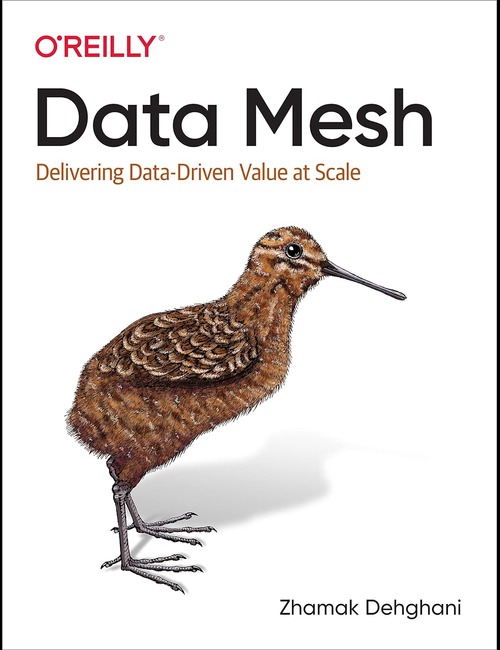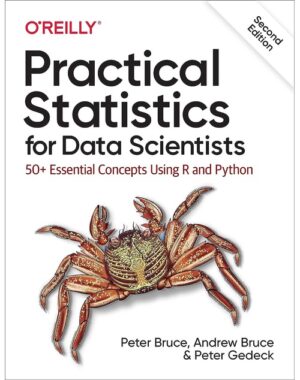“Data Mesh: Delivering Data-Driven Value at Scale”
introduces a groundbreaking approach to managing and leveraging data within organizations. This paradigm shift emphasizes decentralization, scalability, and agility in handling data to unlock its full potential. Here’s a deeper dive into the key concepts and principles outlined in this transformative book:
1. **Decentralization**: At the core of the Data Mesh concept is the decentralization of data ownership and governance. Instead of relying on centralized data warehouses or lakes, organizations embrace a distributed model where data is owned and managed by individual domains or teams. This decentralization empowers domain experts to take ownership of their data, fostering a culture of accountability and innovation.
2. **Domain-Oriented Data Ownership**: Data Mesh advocates for aligning data ownership with business domains rather than technical layers. Each domain is responsible for curating, managing, and serving its own data, ensuring that it remains closely aligned with the needs and priorities of the business. This domain-oriented approach enhances data quality, relevance, and accessibility, leading to better decision-making and outcomes.
3. **Data as a Product**: In the Data Mesh paradigm, data is treated as a product that is designed, developed, and delivered to meet the specific needs of its consumers. This shift in mindset encourages organizations to prioritize the creation of high-quality, well-documented data products that are easy to discover, consume, and integrate into diverse applications and workflows.
4. **Self-serve Data Infrastructure**: To support the decentralized model, Data Mesh promotes the implementation of self-serve data infrastructure that enables domain teams to autonomously manage their data lifecycle. This infrastructure includes tools, platforms, and frameworks that facilitate data discovery, ingestion, transformation, and consumption, empowering teams to iterate and innovate rapidly without being hindered by central bottlenecks.
5. **Data Mesh Principles and Practices**:
The book outlines a set of principles and practices that organizations can adopt to implement Data Mesh effectively. These include domain-driven design, federated data governance, API-driven architecture, and continuous integration and delivery (CI/CD) for data. By embracing these principles and practices, organizations can harness the full potential of their data assets to drive innovation, agility, and competitive advantage.








Reviews
There are no reviews yet.